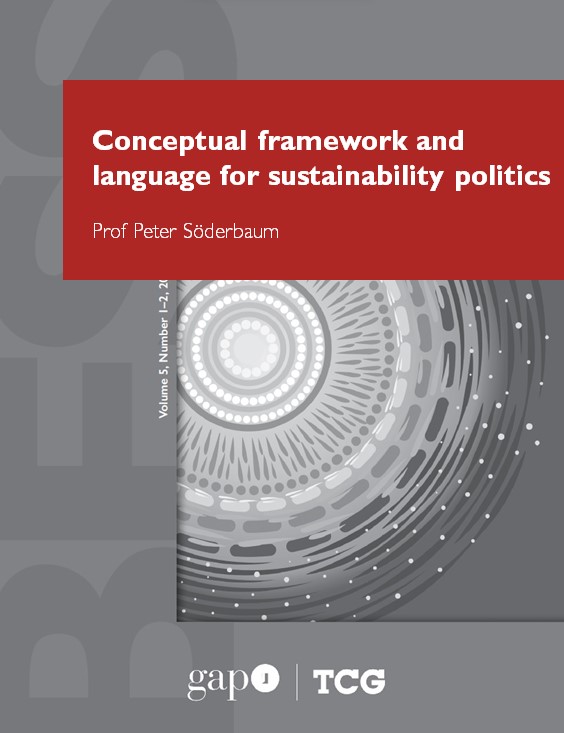Conceptual framework and language for sustainability politics
DOI:
https://doi.org/10.54337/ojs.bess.v5i1.8135Resumo
Where do politicians and other actors get their ideas about economics and efficiency? While there are many relevant sources, economics education has a significant role. However, the kind of economics presented in a university context is limited to one paradigm, neoclassical theory. While this paradigm is mainly compatible with the present political-economic system and is therefore legitimate, it is failing to confront the challenges faced by society. One such urgent challenge is global sustainable development. In this article, ecological economics as a conceptual framework and language is presented and compared with the conceptual framework of neoclassical theory and method. This is achieved within a perspective of pluralism where ‘paradigm-coexistence’ is a central element.

Downloads
Publicado
Edição
Seção
Licença
Copyright (c) 2023 Prof Peter Söderbaum

Este trabalho é licenciado sob uma licença Creative Commons Attribution-NonCommercial-NoDerivatives 3.0 International License.
This journal provides immediate open access to its content on the principle that making research freely available to the public supports a greater global exchange of knowledge.
Articles published in BESS follow the license Creative Commons Attribution-NonCommercial-NoDerivs 3.0 Unported (CC BY-NC-ND 3.0)
Authors retain copyright and grant the journal right of first publication with the work simultaneously licensed under a Creative Commons Attribution License: Attribution - NonCommercial - NoDerivs (by-nc-nd).
Further information about Creative Commons




